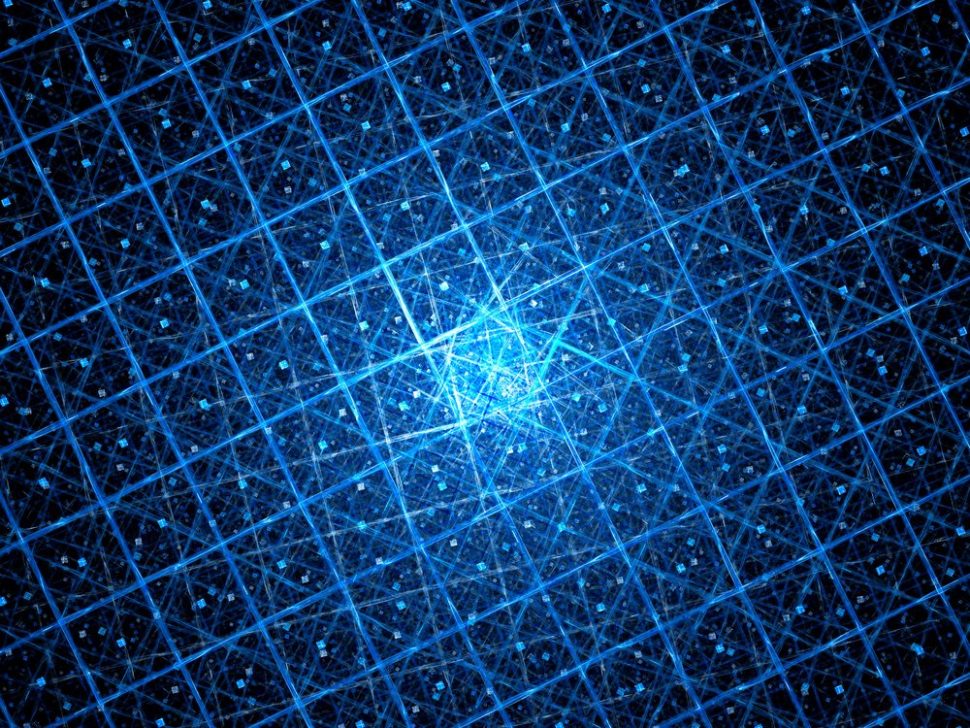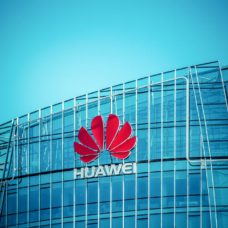Quantum Infrastructure Table of Contents:
- How Close are we to Quantum Infrastructure? An Introduction
- How Close are we to Quantum Internet?
- How Close are we to Quantum Devices?
- Quantum Key Distribution is the end of Malware?
Quantum physics has over a century worth of cumulative knowledge that is slowly beginning to take shape in the form of industrial applications.
This article introduces a short series on the areas that quantum infrastructure will appear. In particular: internet, data security, and computing (hardware).
Over a century ago, many physicists thought that physics was “complete”.
“There is nothing new to be discovered in physics now. All that remains is more and more precise measurement,” said Lord Kelvin.
Armed with the benefit of hindsight, we can say that physics was, and still is, far from being complete.
When Lord Kelvin said the above quote, around the year 1900, Einstein was preparing to throw his big “Relativity” stone into the physics pond. Quantum Mechanics was just around the corner.
The Quantum Necessity
Physicists didn’t discover the quantum dimension by accident.
From the end of the 19th century, classical physics began to show its limits.
The laws of mechanics, gravity, electricity, and magnetism kept the macro world contained within a framework and described very well the natural phenomena that take place in it.
On the microscopic scale, however, physicists faced problems that they could not address based on their understanding of physics at the time. This led to the development of Relativity and Quantum theories.
Thanks to the work of pioneers like Max Planck and Albert Einstein, and many other scientists after them, the world of the infinitely small began providing solutions. However, the deeper these scientists dug, the more puzzles they found.
As physicists delved even deeper, they formed an aggregate knowledge about the amazing ways matter behaves on the quantum scale.
In the quantum world, particles are entangled and can teleport, atoms communicate with each other, and indecisive cats can be alive and dead at the same time.
As strange as that is, it could now get even weirder.
Per the quantum laws, life and death could be but an illusion. In a quantum reality, the past doesn’t really pass as future events can still affect it. To add to that, another “you” could be reading another version of this same article in a parallel universe.
These are examples of the quantum oddities that challenge our “logical” understanding of the Universe.
Each of these bizarre quantum phenomena has a specific effect or quantum principle behind it that throw us right into a wonderful and spooky world.
The Quantum Effects on Everyday Life
There are those who might think quantum physics is just an esoteric topic that has yet to show its practical fruits.
To think that today would be a mistake.
Quantum mechanics is no longer a fully theoretical field. In fact, you’re surrounded by its effects in a concrete and practical way.
Without quantum understanding, modern life as we know it wouldn’t be the same, if not outright unimaginable.
Unraveling the secrets of quantum mechanics and how they affect the behavior of matter was fundamental in advancing research into many technological fields.
Yes, we don’t yet have functional commercial quantum processors. However, it is thanks to quantum mechanics that we have the semiconductors and transistors that made computers possible in the first place.
And, you can already play around with IBM’s public quantum processor here.
We owe personal computers, smartphones, IT hardware, and electronics in general, as well as internet, laser, MRI, nuclear energy, and other modern technologies all to the study of matter at the quantum scale.
From a theoretical and experimental point of view, the list of possibilities seems open-ended and only bound by imagination.
For the purpose of this series, we’ll take a look at how quantum infrastructure will appear in these three areas:
1) The Quantum Internet and Cloud
2) Quantum Devices
3) Quantum Communications and Cryptography



















Comments (0)
Most Recent